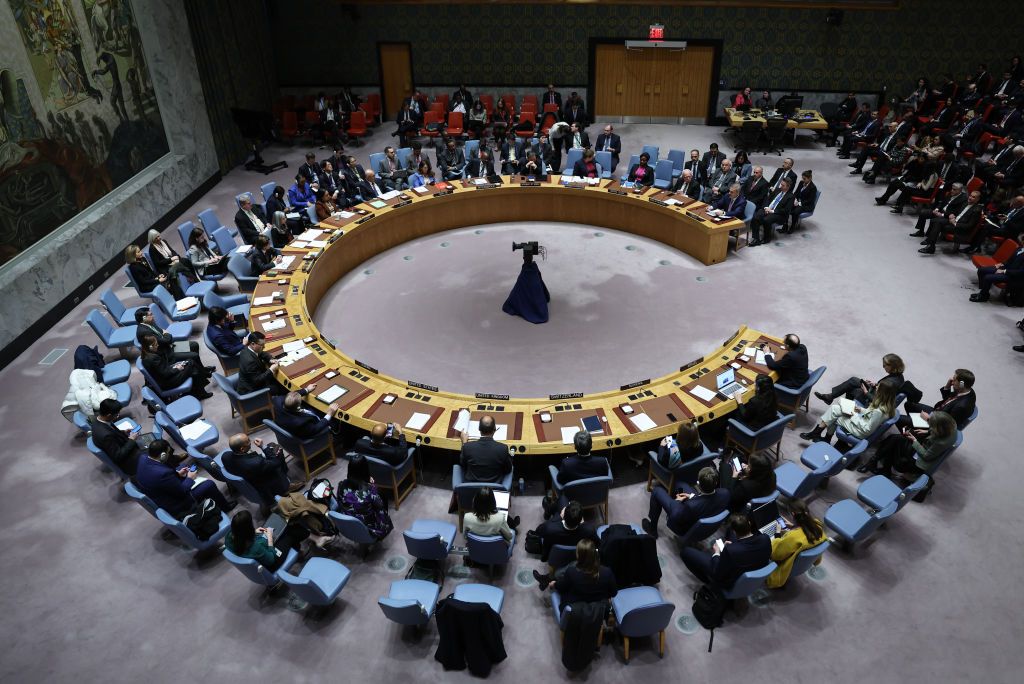Russia improves ballistic, cruise missiles to make them harder to shoot down, official says

Russian forces have improved their ballistic and cruise missiles, making them more difficult to detect and shoot down, Yurii Ihnat, former Air Force spokesman, wrote on Facebook on July 8.
Russia launched a mass missile attack on Kyiv and other cities across Ukraine on the morning of July 8, killing at least 36 civilians and injuring 149 others.
The aerial attack targeted Kyiv, Dnipro, Kryvyi Rih, Sloviansk, Pokrovsk, and Kramatorsk, damaging "50 civilian sites, including residential buildings, a business center, and two medical facilities," the State Emergency Service reported.
The Russian military additionally equipped its missiles with radars and heat traps, according to Ihnat.
The cruise missiles traveled at extremely low altitudes during the recent attacks. Some of the aerial targets were shot down at an altitude of 50 meters, which "could also lead to terrible consequences on the ground," Ihnat said.
Russia launched 44 missiles of various types at Ukrainian cities over the past day, he added.
The Air Force earlier reported that Ukrainian forces downed 30 out of the 38 missiles launched on Ukraine in the morning of July 8.
"People on the ground sometimes push the limits of available weapons and equipment to shoot down as many Russian missiles and drones as possible," Ihnat said.













